Dylann Roof Tells Jury, 'I Still Feel Like I Had to Do It'
Roof is back in court for the sentencing part of his federal trial.
— -- Charleston church shooter Dylann Roof today told the jury members who will decide his fate, "I still feel like I had to do it."
Roof, convicted of opening fire and killing nine churchgoers at a predominantly black church in Charleston, South Carolina, in June 2015, will be sentenced to death or life in prison at the conclusion of this federal trial. The jury began deliberating around 1 p.m. today.
He said today in his closing argument, according to ABC affiliate WCIV, "I think that it's safe to say that no one in their right mind wants to go into a church and kill people.
"In my confession to the FBI, I told them that I had to do it."
"But obviously that's not really true. I didn't have to do it, and no one made me do it," Roof said, according to WCIV. "What I meant when I said that was I felt like I had to do it, and I still feel like I had to do it."
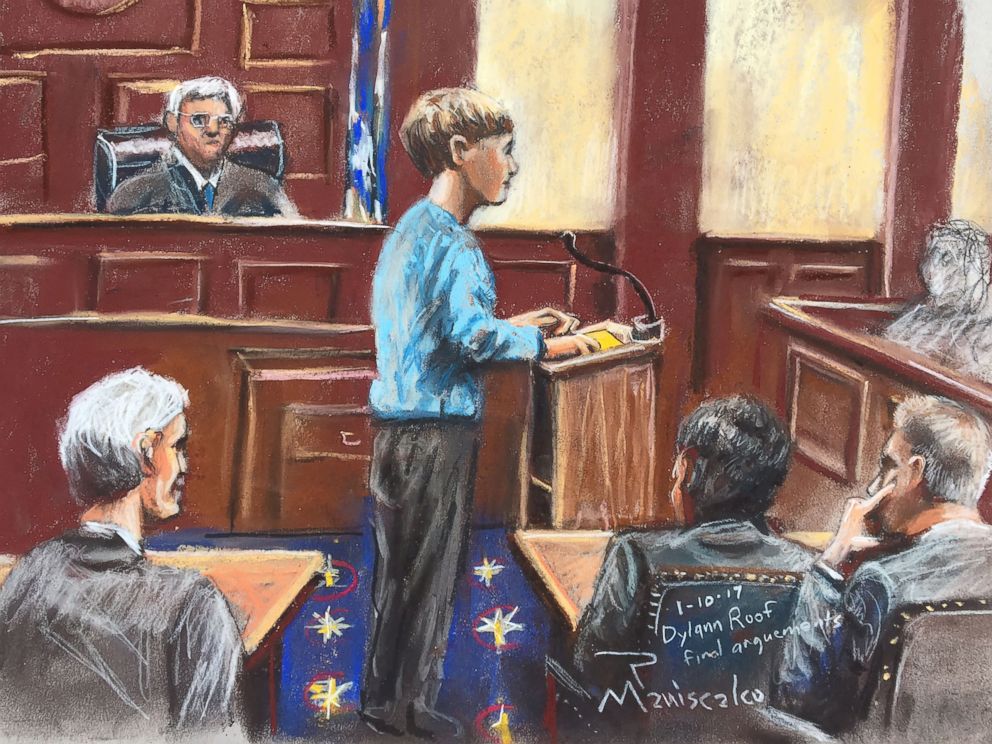
"Anyone who hates anything in their mind has a good reason to hate," Roof said to the jury.
The government is asking the jury to sentence Roof to death. In the sentencing phase of the federal trial, the government laid out its case over four days, with testimony from the loved ones of victims. The family members and friends shared personal stories about the victims and described what life has been like since the shooting. Jurors cried in court during some of the emotional testimony.
Roof, 22, who is representing himself, refused to testify and did not call any witnesses to the stand. Last week Roof spoke for less than five minutes in his opening statement, telling the jury there is nothing wrong with him psychologically. He did not apologize for his actions.
The jury must be unanimous to sentence Roof to death; a split decision will yield a life sentence.
He said to the jury today as he concluded his remarks, "Only one of you has to disagree."
"I know that at least some of you were asked during jury selection ... if you were willing to stand up for your own opinion," Roof said.
In the government's closing argument today, Assistant U.S. Attorney Jay Richardson laid out the government's argument for the death penalty.
He recounted to the jury how on the night of the shooting, the unsuspecting victims, who had gathered for a Bible study, welcomed Roof, a stranger, to join them. Roof then opened fire on them; the victims were vulnerable targets with their eyes closed in prayer, Richardson said, according to WCIV.
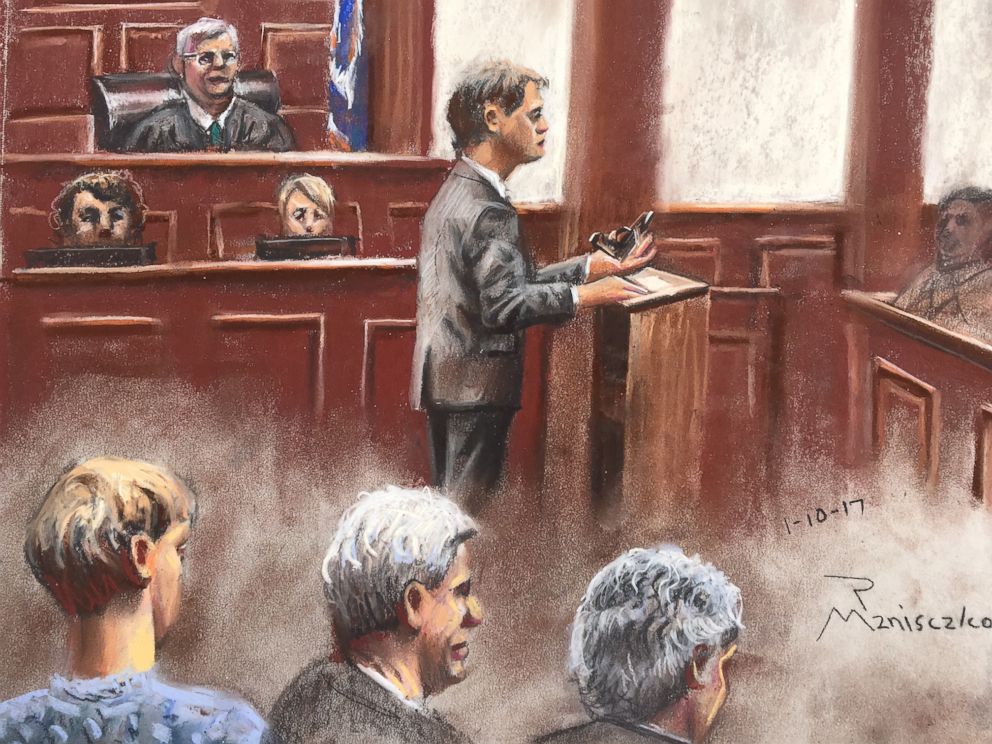
When Roof shot pastor and South Carolina state Sen. Clementa Pinckney, another churchgoer tried to intervene, Richardson said. Then Roof executed them one after another, Richardson said.
Richardson reminded the jury of how Roof stood over survivor Polly Sheppard, told her to shut up and said he was leaving her alive to tell the story.
Tywanza Sanders, who was fatally shot by Roof, told his killer they meant him no harm. Meanwhile, Tywanza Sanders' mother, survivor Felicia Sanders, shielded a small girl from the bullets, and they played dead during the shooting, Richardson said, WCIV reported.
After each shot, Richardson said, Roof paused and considered his next move, WCIV reported.
"He continued to believe it was worth it," Richardson said. "Not one ounce of remorse."
During the shooting, Clementa Pinckney's wife, Jennifer Pinckney, was in a nearby room with her daughter, hiding in fear. Richardson told the jury that in Jennifer Pinckney's testimony, they "heard what it was like to be crouched" under a desk, "desperately" trying to keep her 6-year-old daughter quiet.
A look back at the tragic Emanuel AME Church shooting
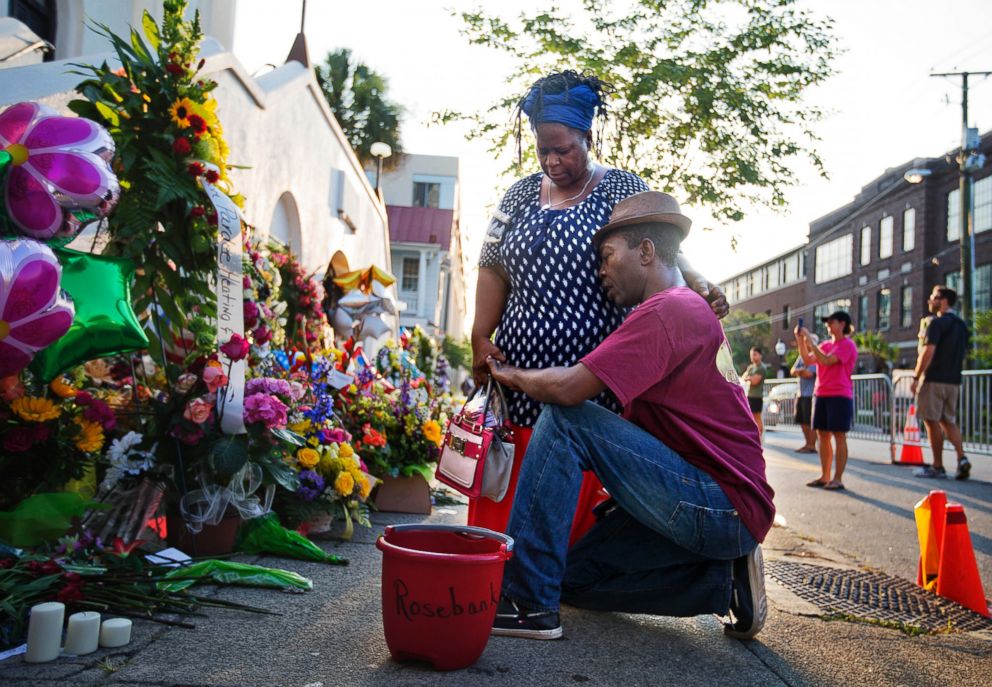
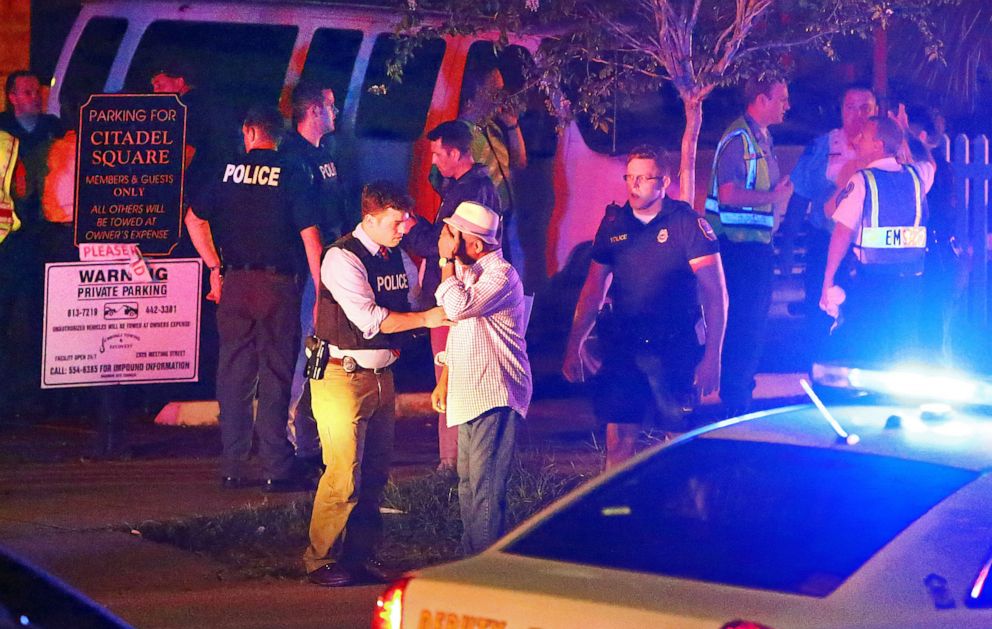
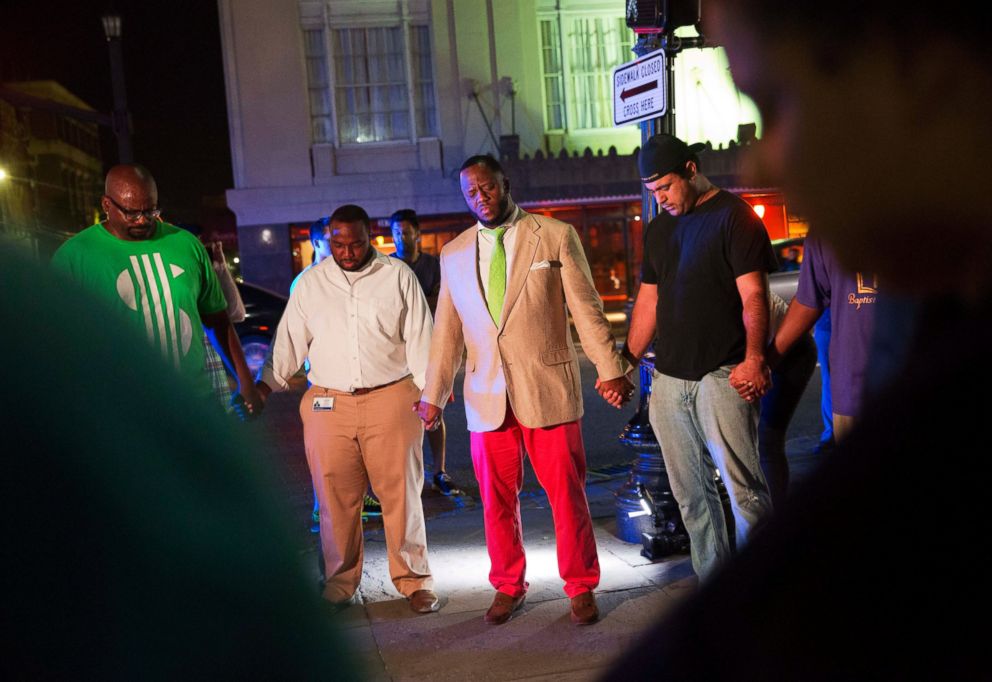
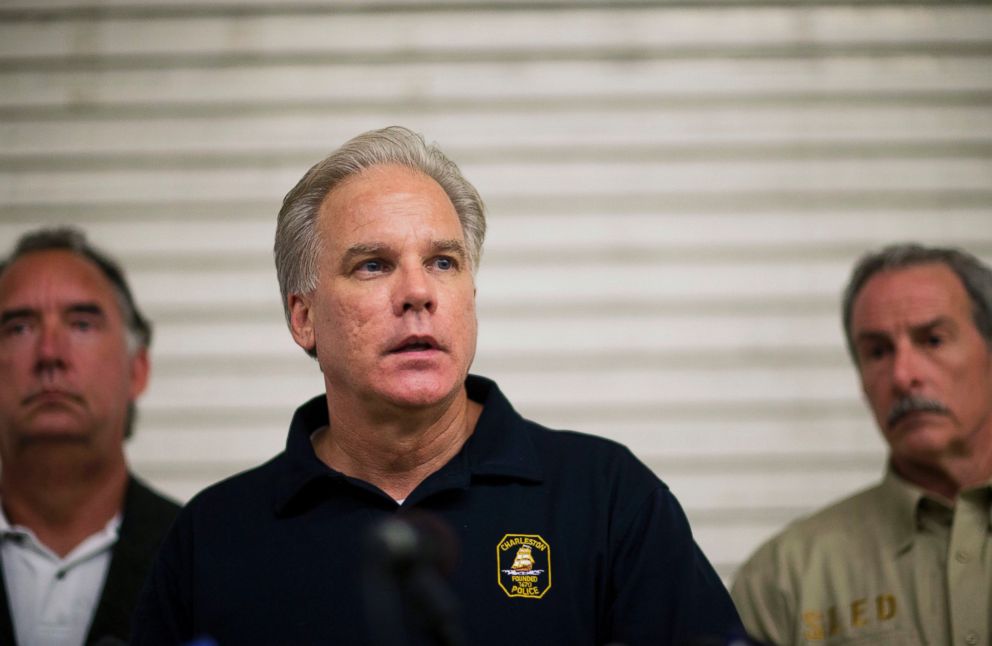
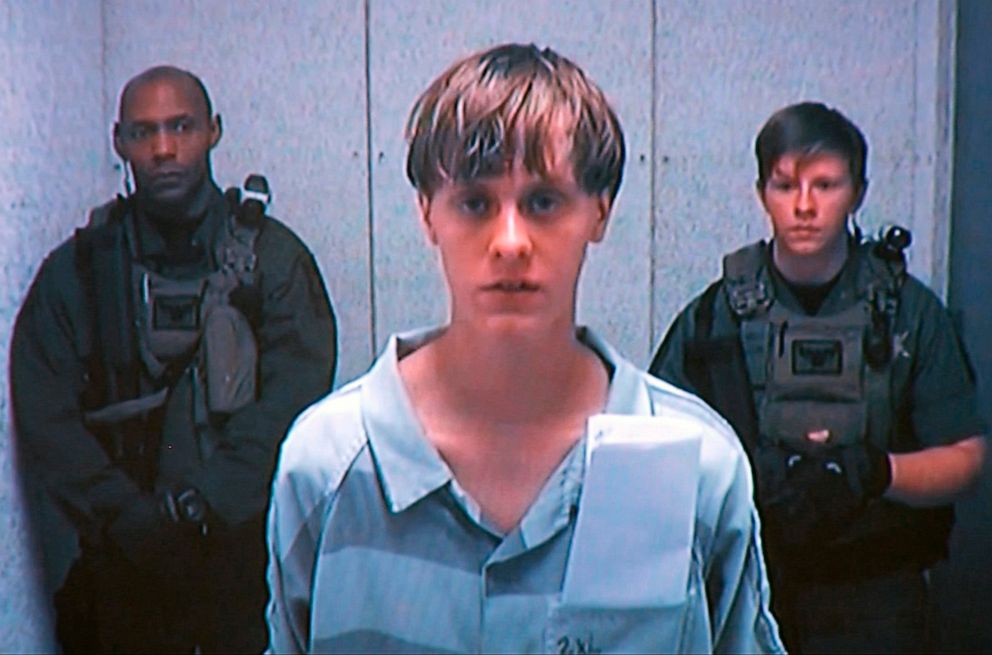
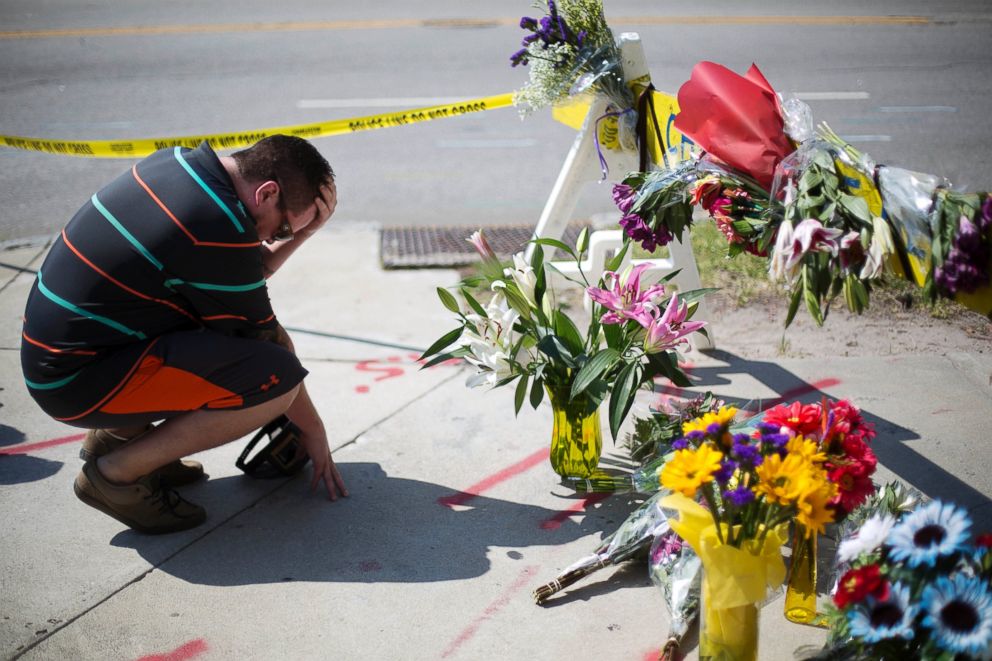
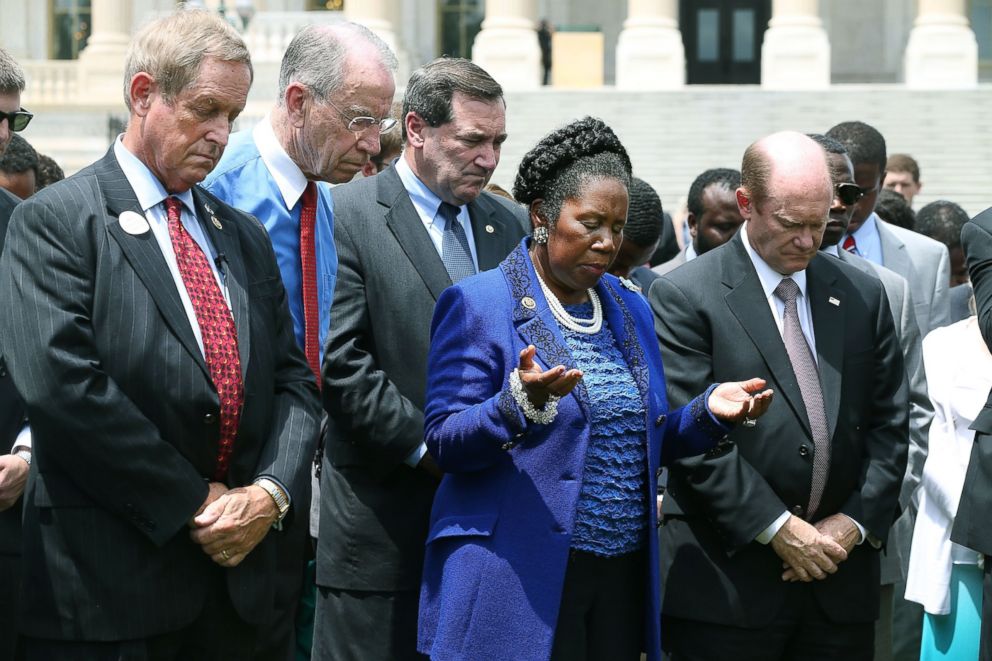
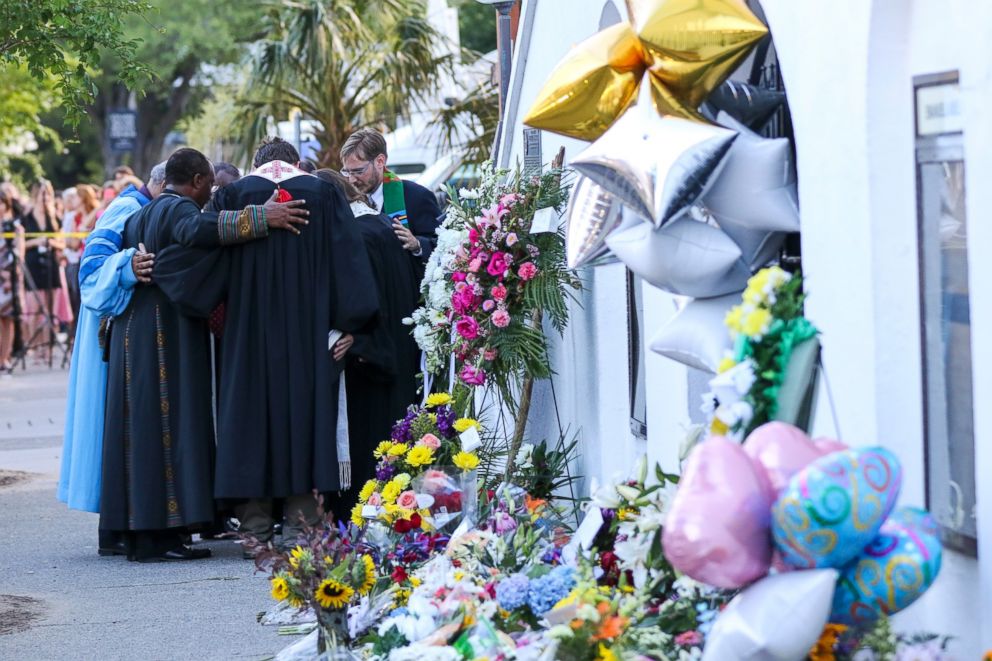
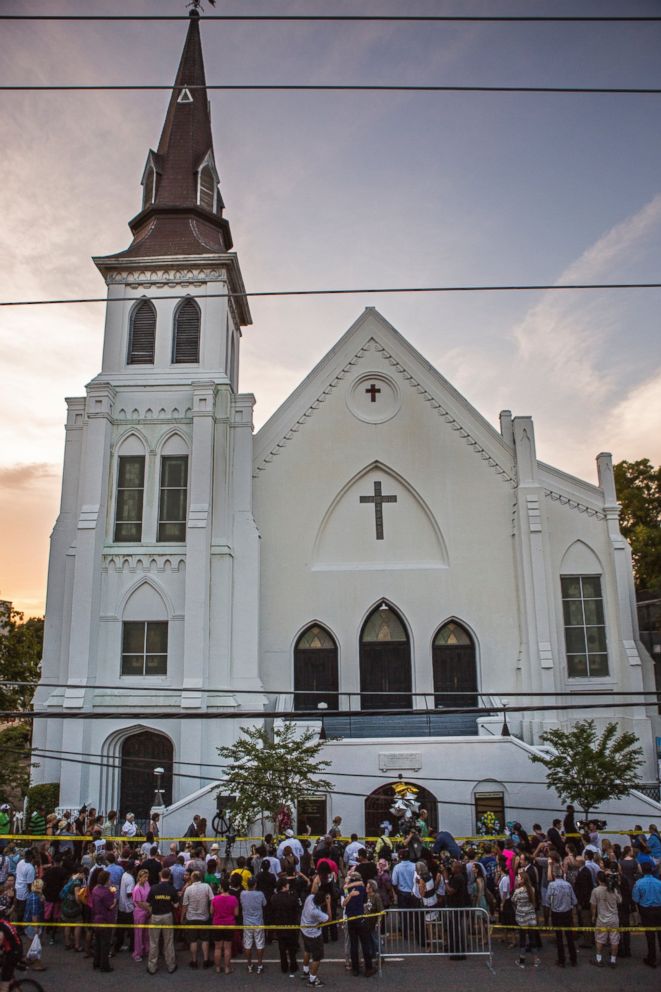
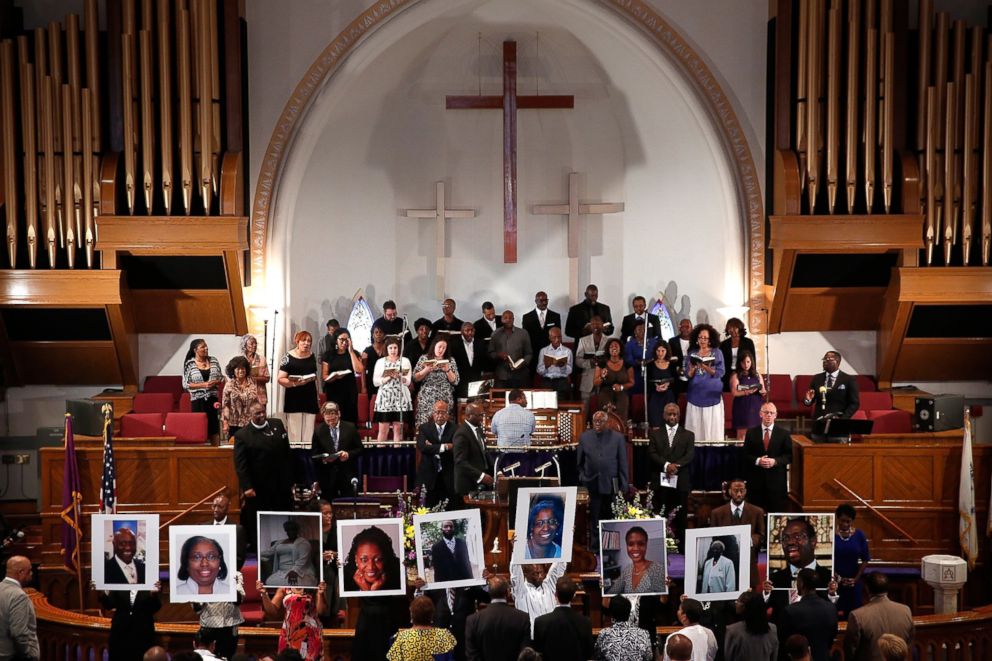
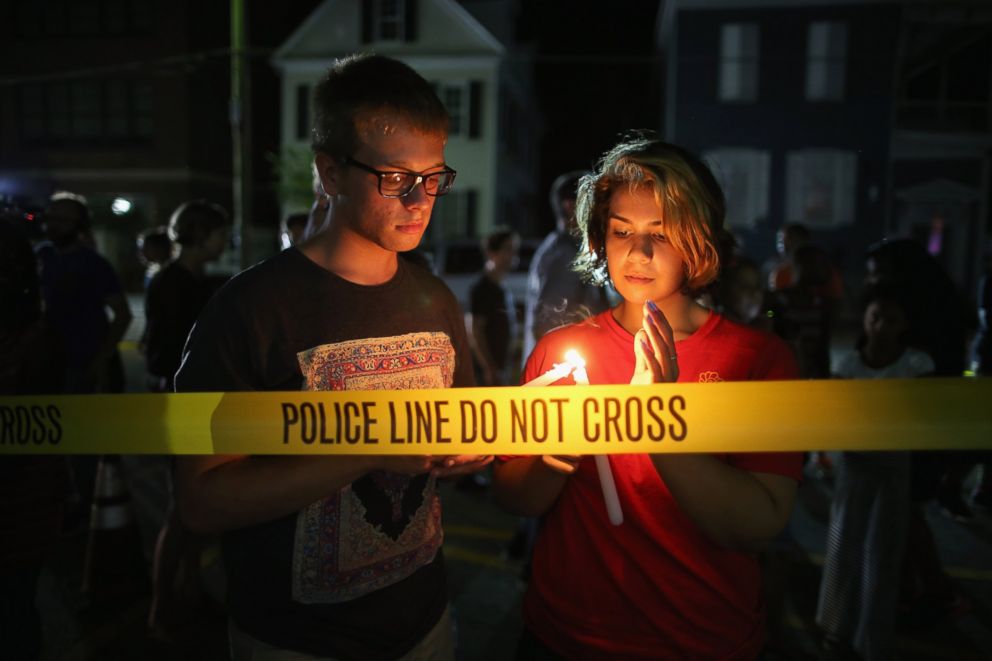
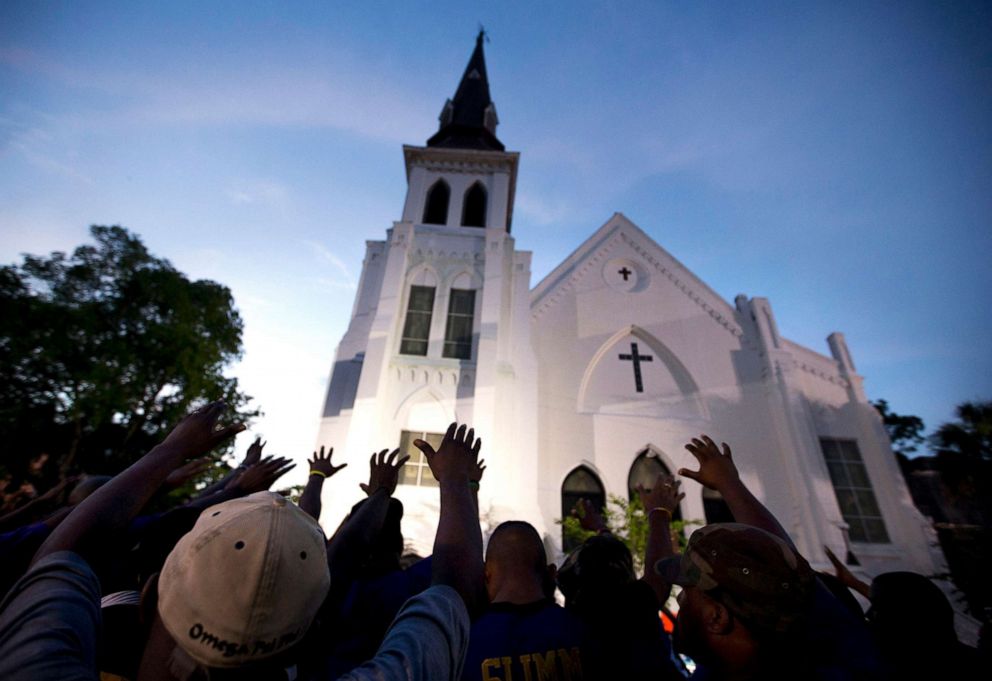
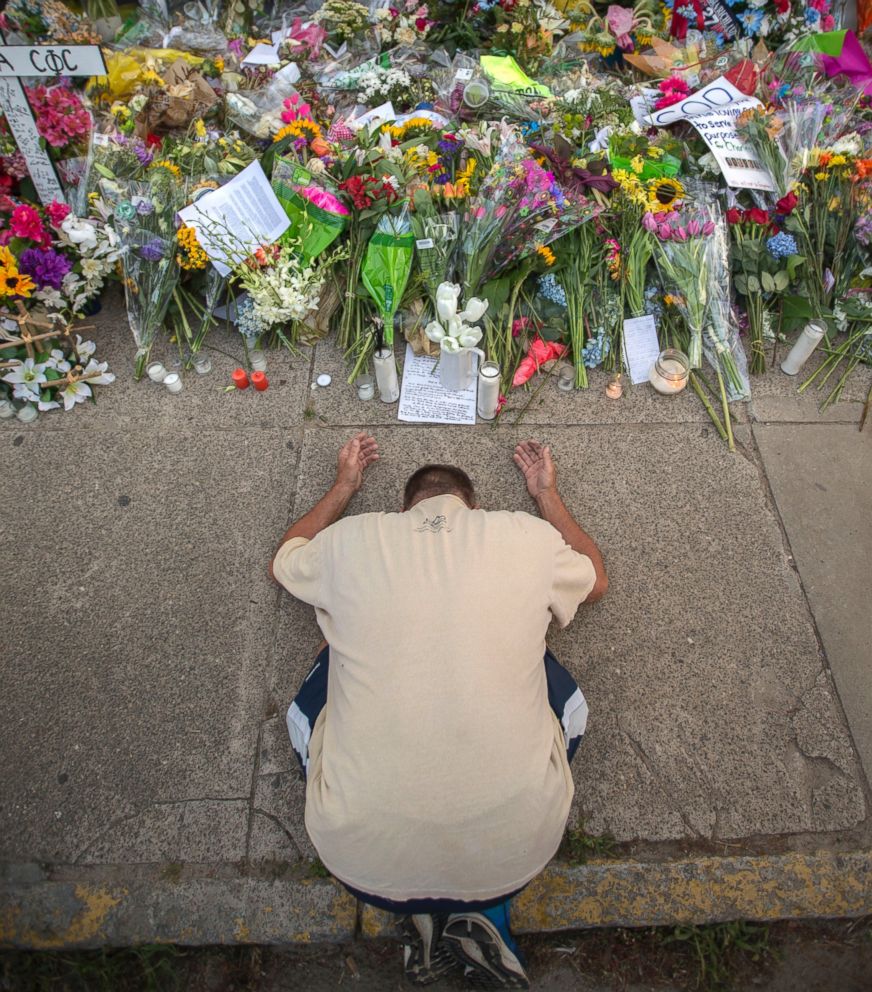
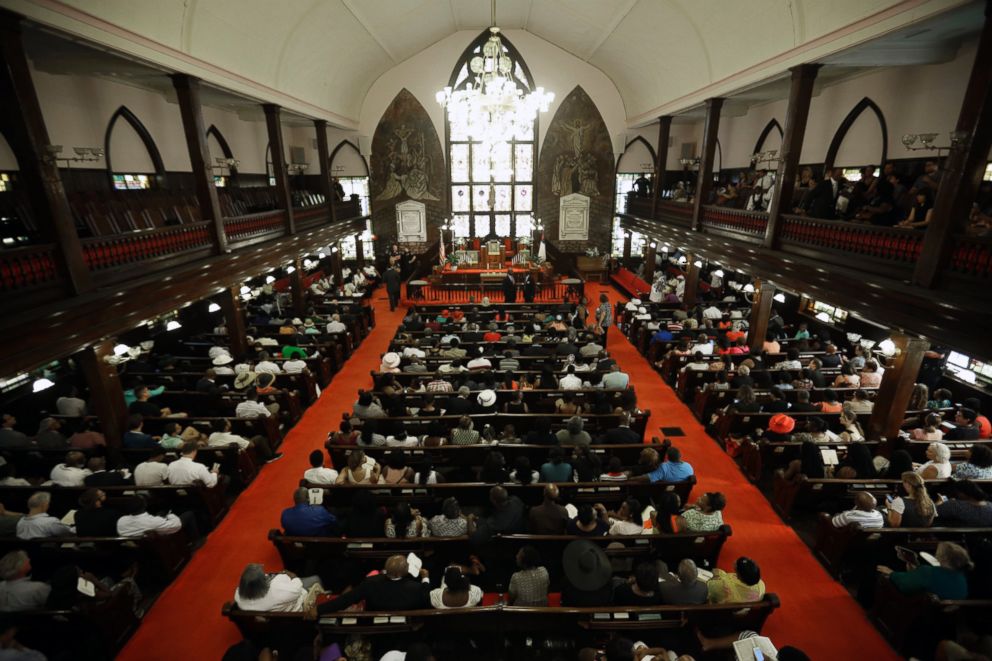
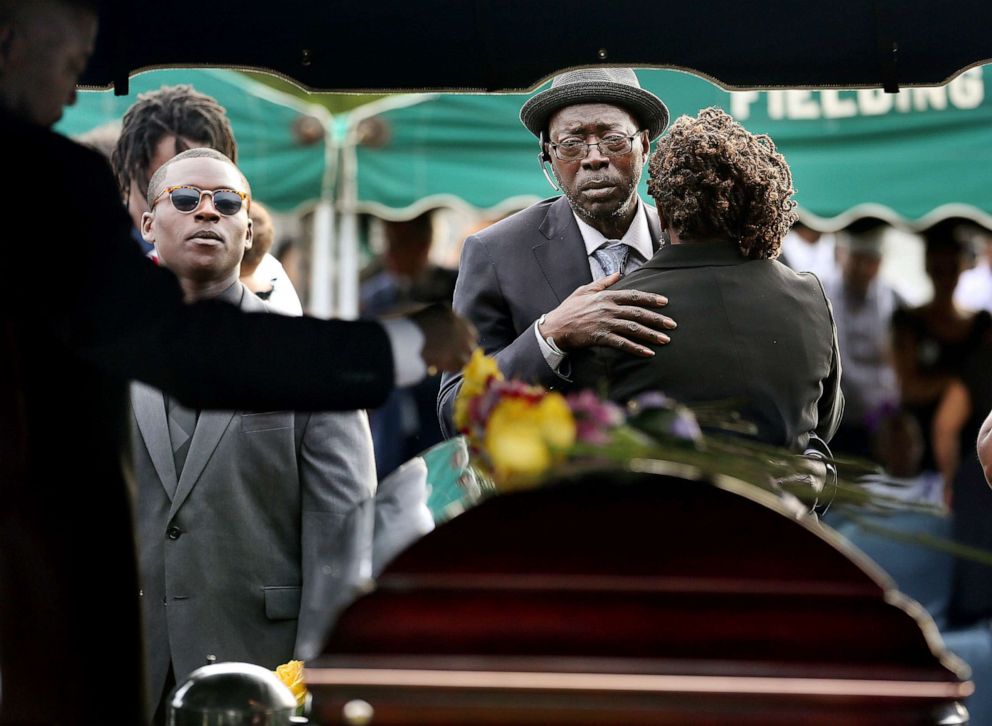
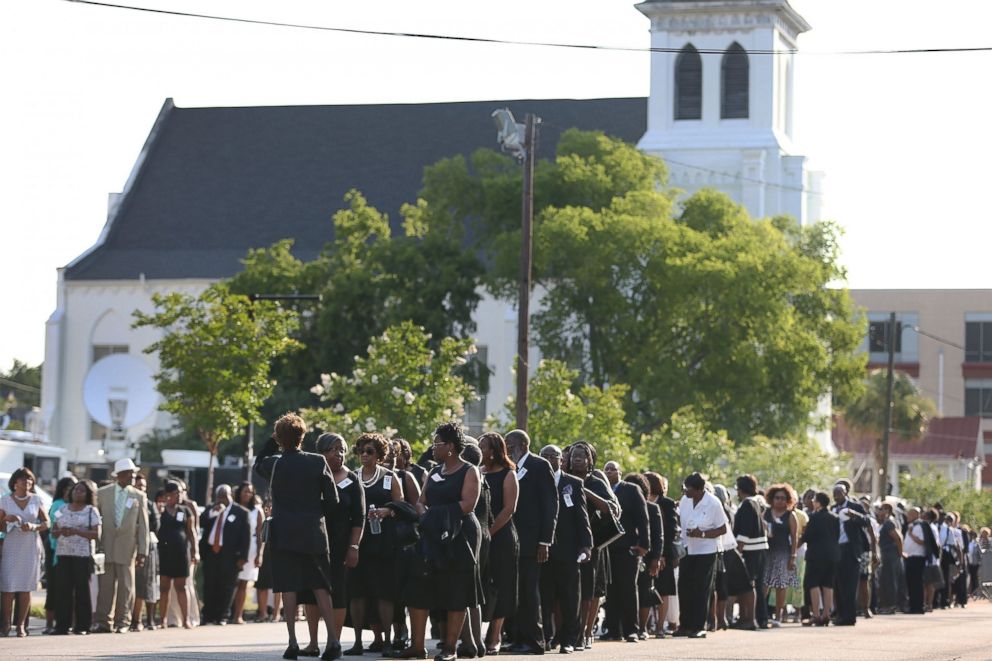
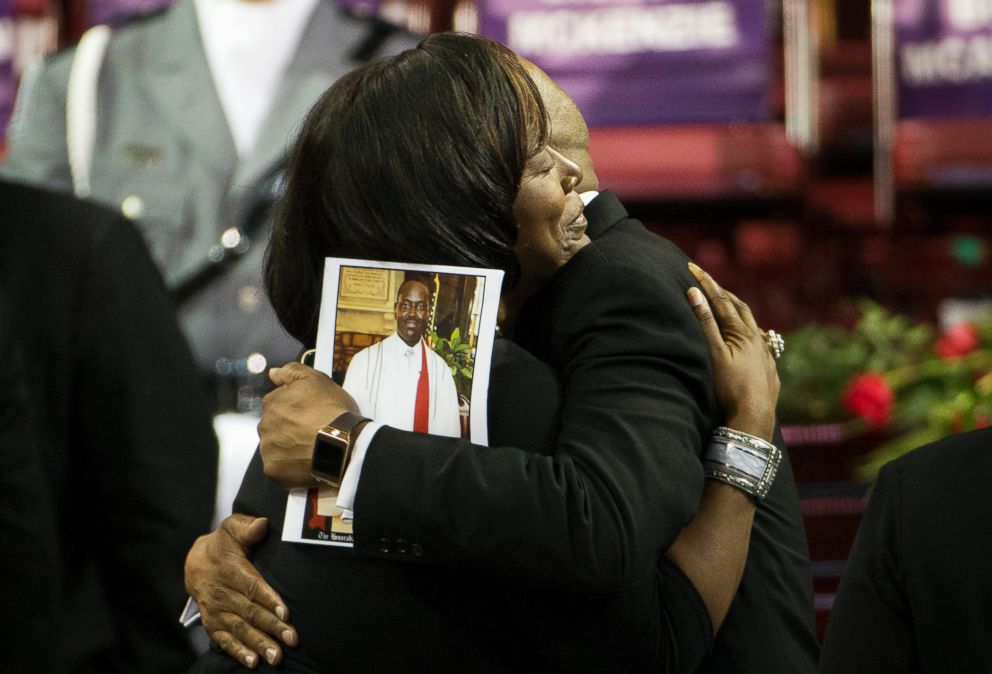
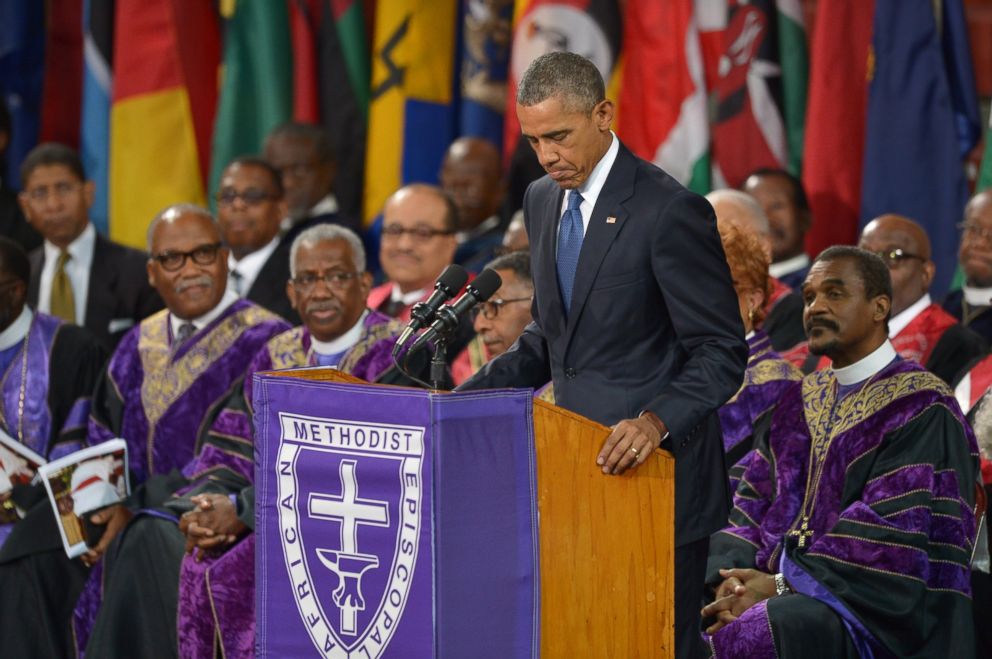
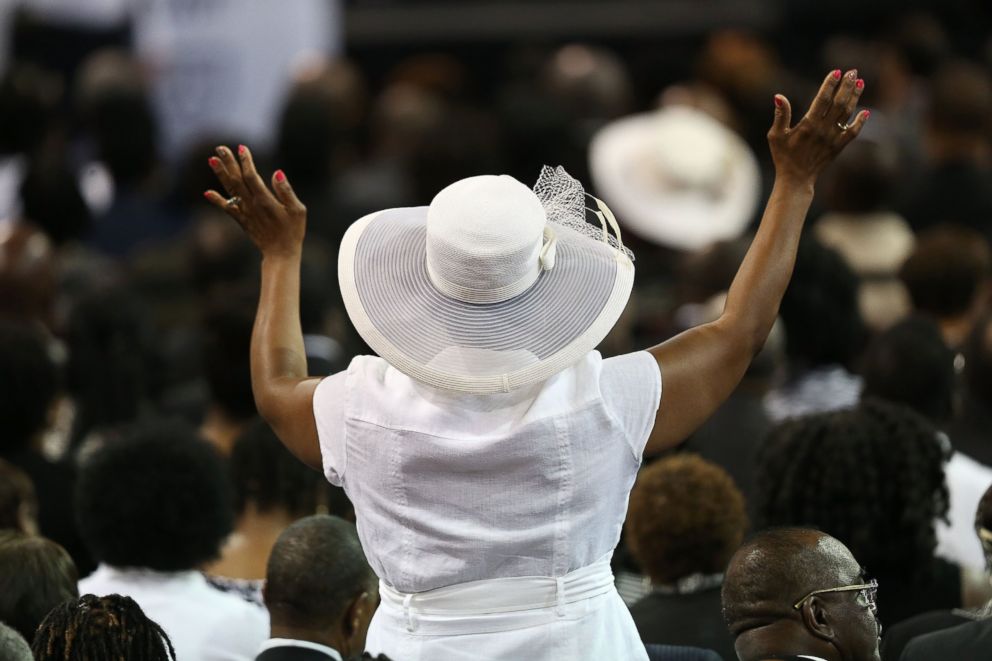
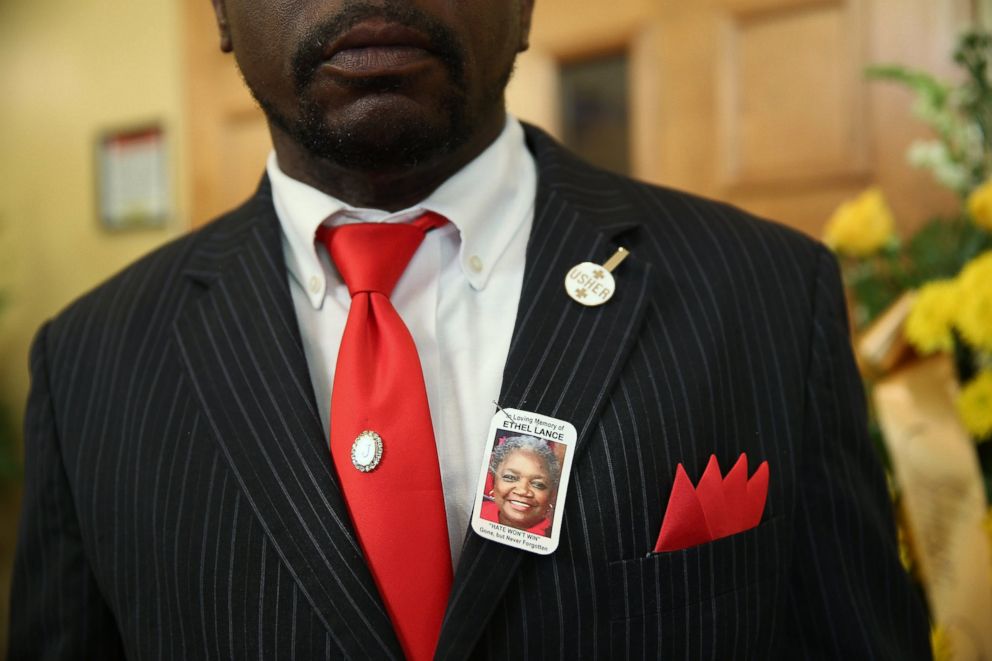
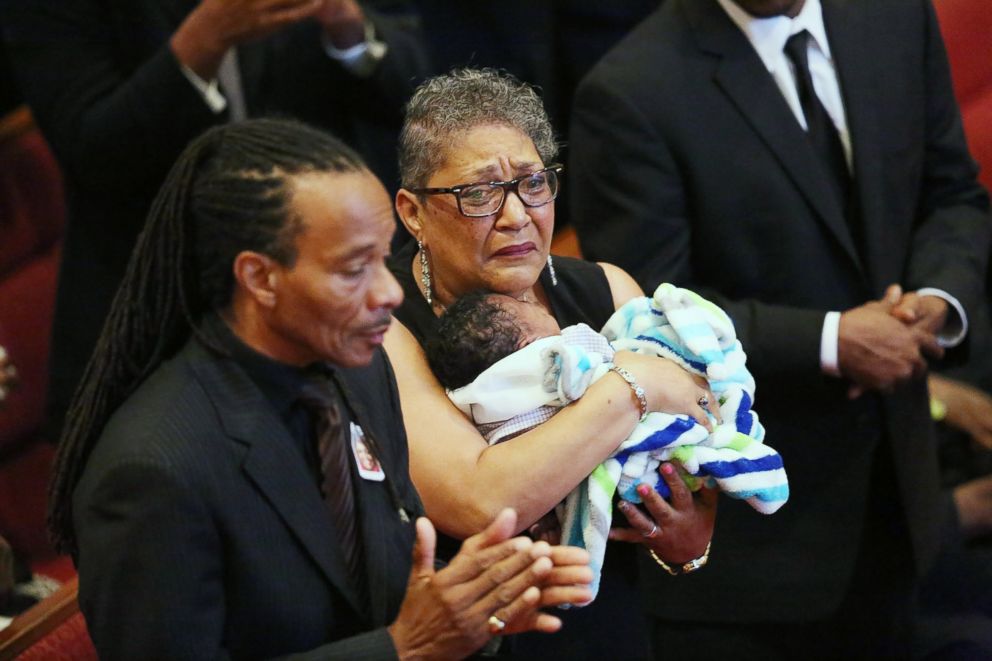
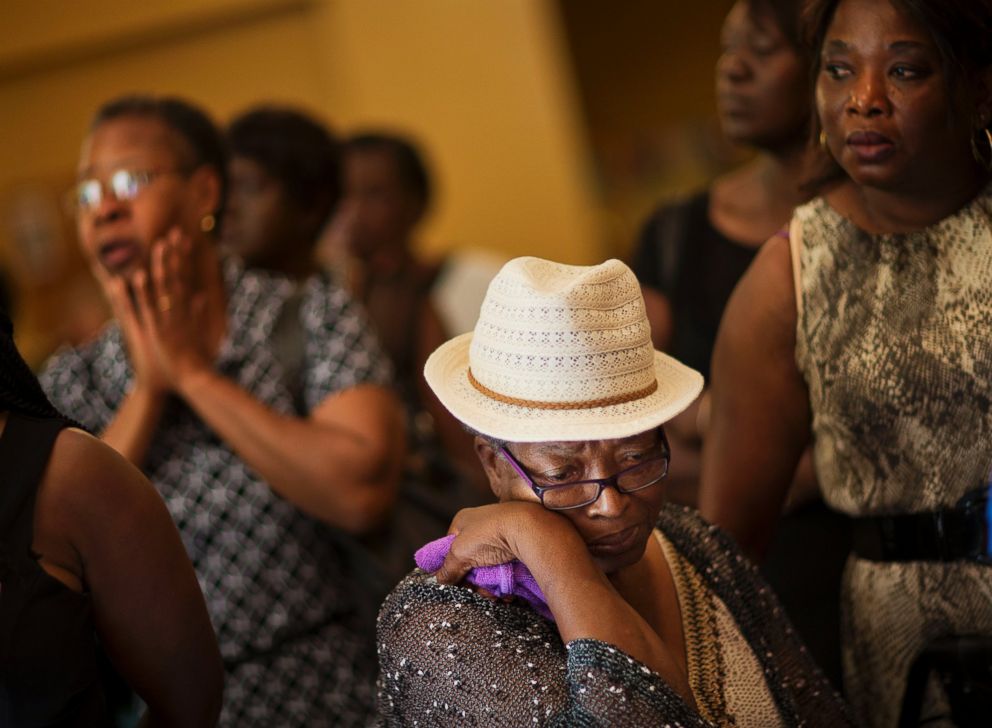
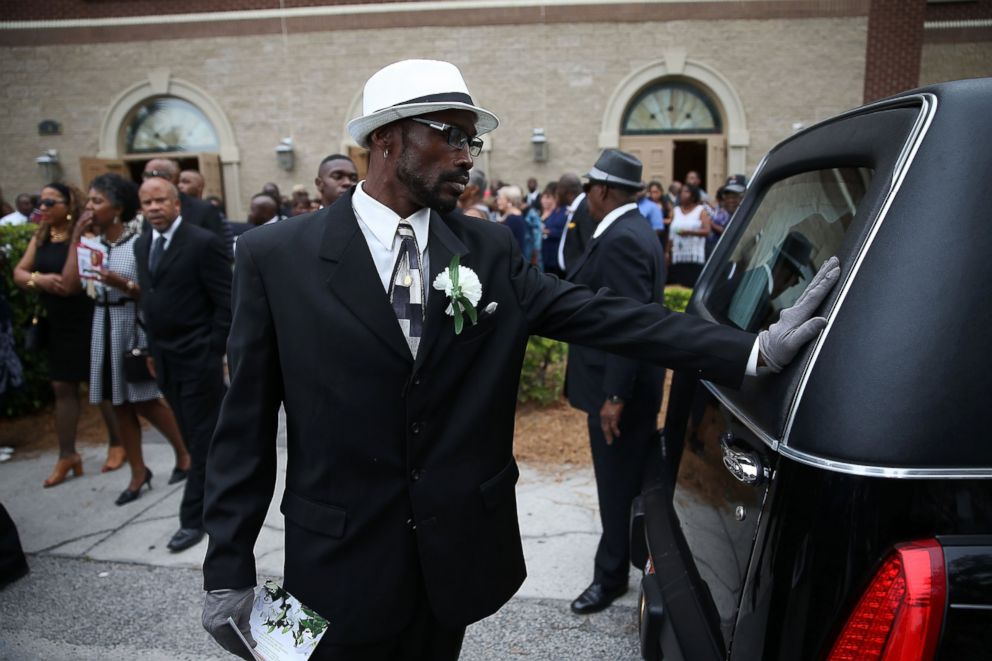
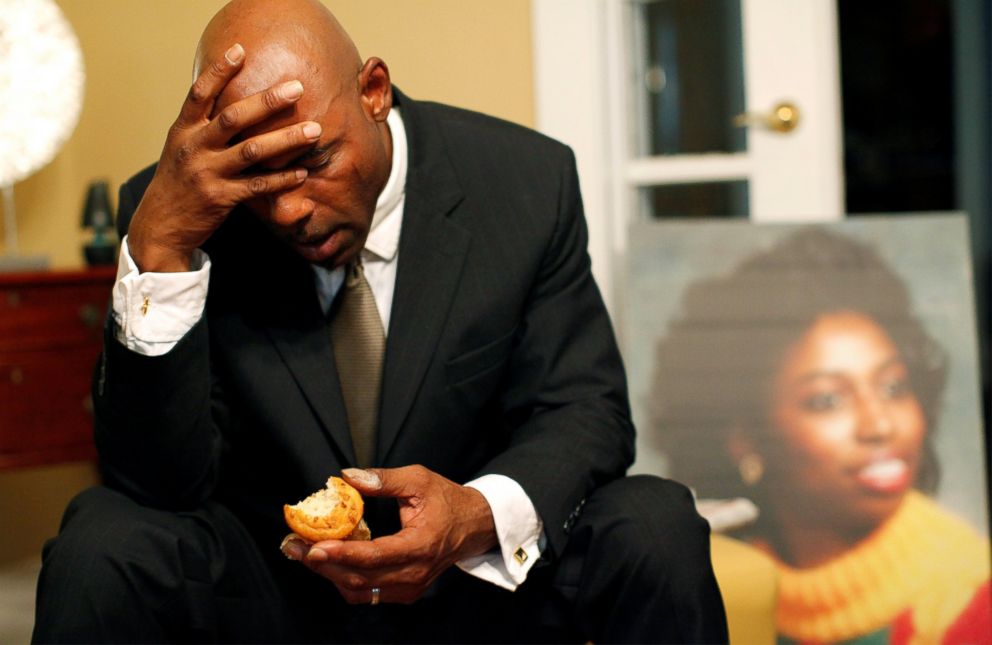
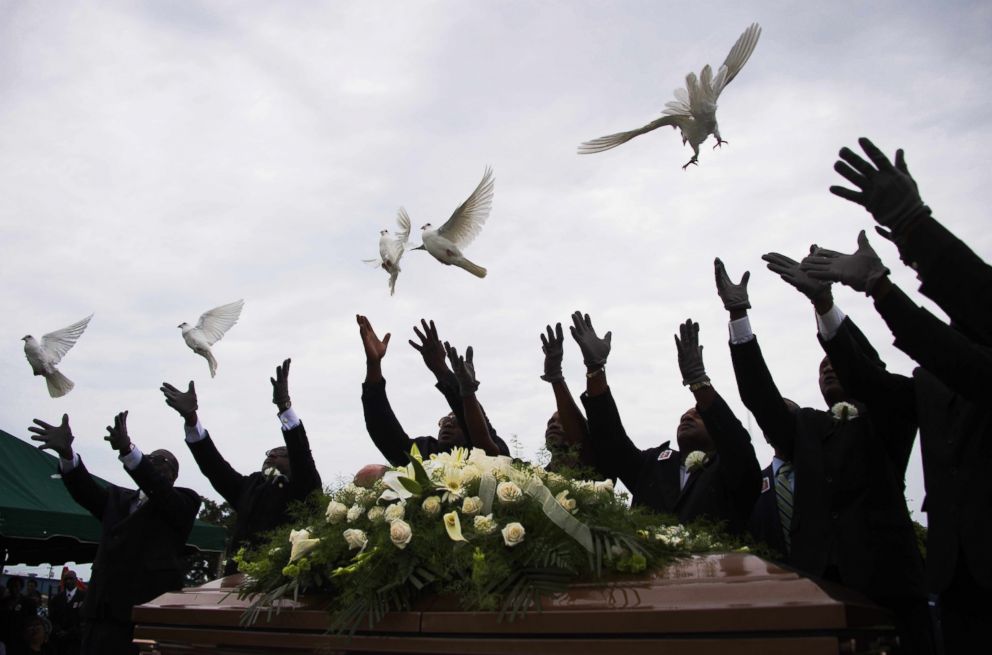
Richardson said that before the killings, Roof's racist hatred built up for years.
Roof scouted the Emanuel AME Church months before, calling and visiting, Richardson said. After buying the murder weapon with his birthday money, Roof bought enough magazines to have 88 rounds, which had racist symbolism, Richardson said: 88 is an abbreviation for the Nazi salute "Heil Hitler," as "h" is the eighth letter in the alphabet.
Besides a website where he shared his message of "hate," Richardson said, Roof mentally and physically prepared for the shooting; he took photos with his gun pointed at the camera and recorded video of his target practice.
"He chose to videotape himself doing it so he could see the very last images these victims would see," Richardson said, according to WCIV. "He wanted to see what he would look like as he stood over them, executing them."
"This is calculated. Misguided but thoughtful," Richardson said, according to WCIV. "He spent years acquiring this deep hatred, this deep hatred we would all like to believe could not exist in someone. But it does. You've seen it."
Richardson said that after Roof left the scene of the shooting on June 17, 2015, he "fully understood the horrific nature" of his crime. Roof fled on back roads to North Carolina, knowing police were looking for him, and he avoided using his debit card, knowing it could be tracked, Richardson said.
While Roof expressed sorrow to his parents and pity for himself, he didn't shed a tear for the people he killed, Richardson said. Roof showed multiple times that he didn't have remorse, according to Richardson, from his jailhouse manifesto with racist language to the shoes he wore in court during this trial that had racist symbols on them.
Roof was willing to plead guilty if the government would take the death penalty off the table, which Richardson said shows "that he wants to spend his life in prison, listening to the radio, and writing more racist filth," WCIV reported.
Roof's defense attorney David Bruck told the court last month that Roof "did it," but, Bruck added, "our society does not order the death penalty if there are reasons to choose life."
The 33 federal counts against Roof included hate crimes resulting in death and obstruction of exercise of religion resulting in death.
Roof also faces a state trial in which he may again face the death penalty. The state trial, which was scheduled to begin this month, has been delayed indefinitely.




